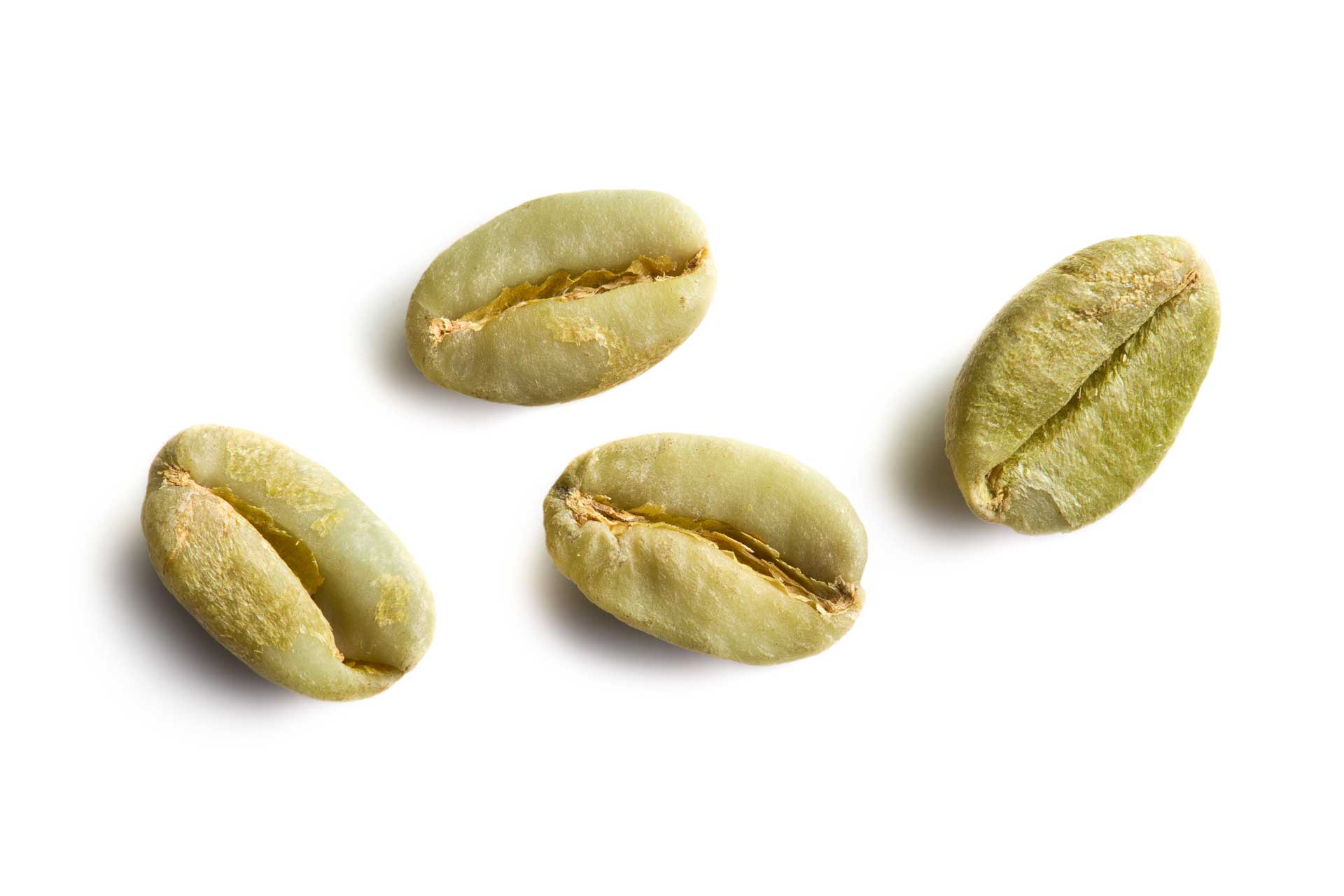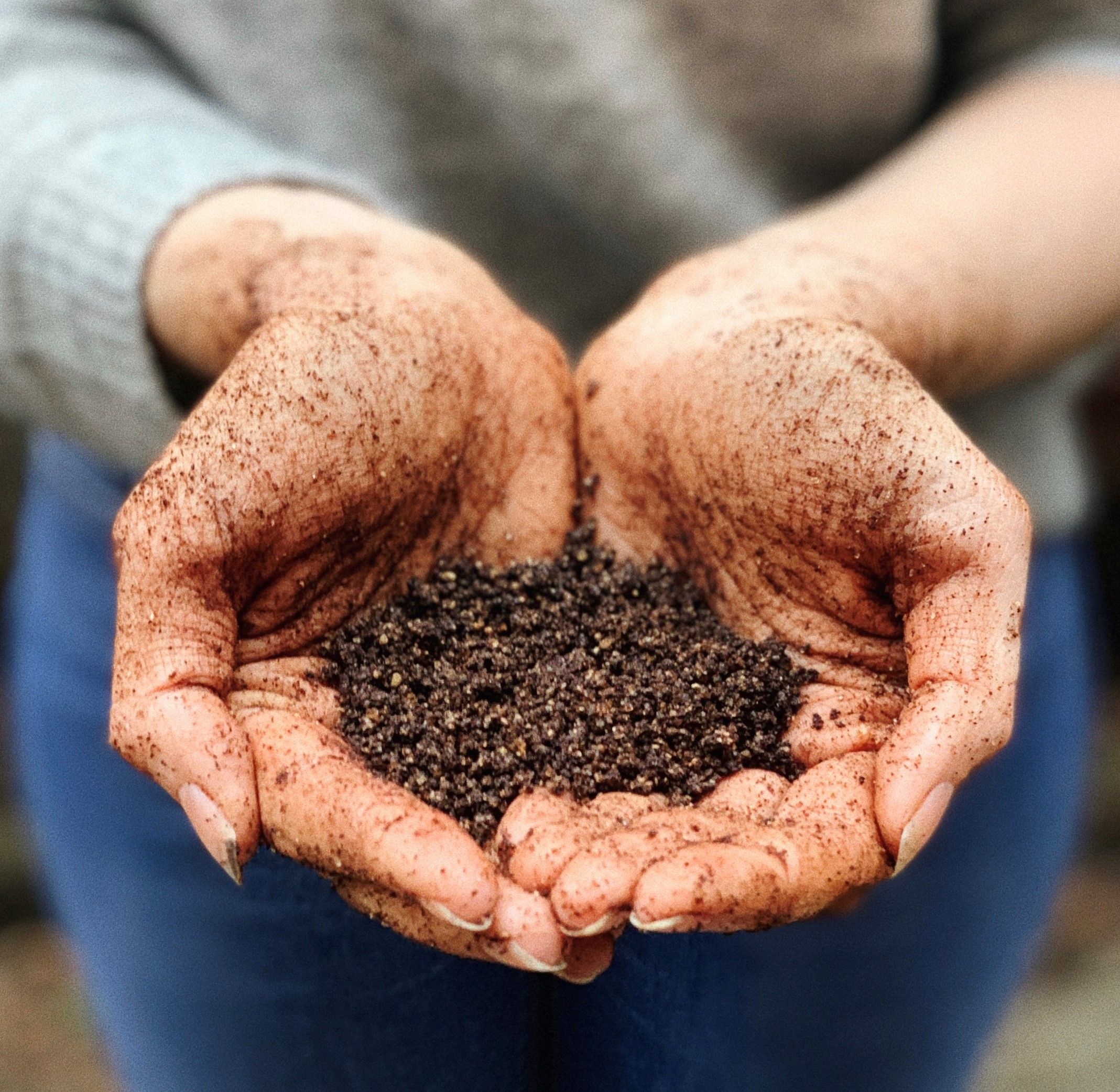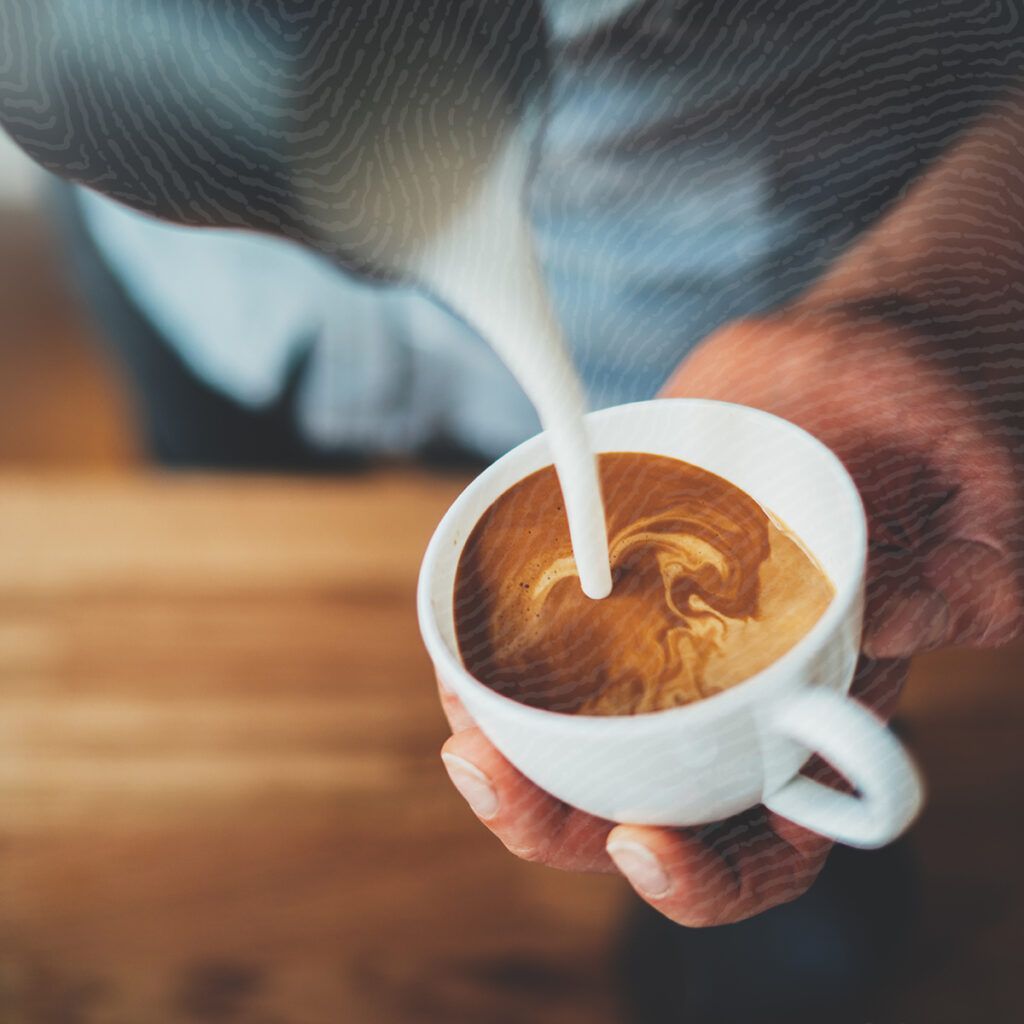Organic coffee
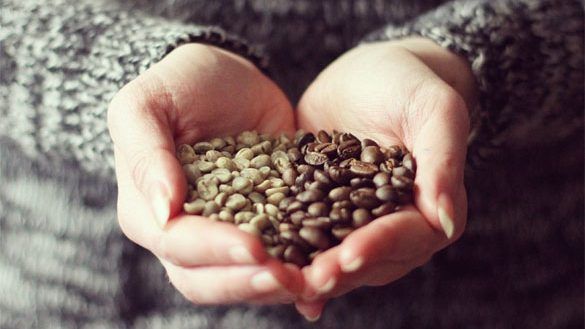
The trend of enjoying quality coffee in the comfort of home has put coffee lovers in front of a difficult decision. How to choose the variety, the degree of roasting or the thickness of grinding? With growing concern about the environment and overall quality of life, another question is crawling into our minds: regular or organic coffee?
Coffee is the second most traded commodity in the world after oil. In 2014, the world consumption was estimated at 149.3 million bags of coffee, which is almost nine billion kilograms of coffee. To meet mass demand, production was maximized to such an extent that coffee cultivation began to harm the environment. Therefore, the question of choosing between regular and organic coffee is very relevant in the current situation.
Many synthetic fertilizers, pesticides, herbicides, fungicides and insecticides are used in the cultivation of coffee, as well as in the cultivation of other crops. Growers and coffee collectors are thus exposed to these harmful substances, which can cause various health complications and serious diseases. These chemicals continue to enter the water and air. Thus, another vulnerable group is people living near coffee plantations, who are directly threatened by the surrounding chemicals.
The plantations themselves are also a problem. They were mostly preceded by deforestation, so that hybrid varieties of coffee could ripen in direct sunlight. There is a risk of landslides during heavy rains in the tropics. Erosion is usually caused by the grubbing-up of the forest stand, the root system of which ensured the stability of the soil. In addition, during rains, chemicals are washed out of the soil and there is a risk of contamination of drinking water sources, animal death and human health complications.
What makes organic coffee growing better for the environment? The product is only labeled as organic when grown on soil that has not been chemically treated for at least three years. This time period is required for the soil to be cleaned of all chemicals. Organic farming uses natural fertilizers – coffee husks, chicken manure or compost. These types of fertilizers do not have a negative impact on the environment, whether it is the quality of the soil, water, air or the lives of its inhabitants.
Most of the production of organic coffee is grown in the shade of the forest. There is no need to artificially create plantations when the forest provides everything needed for growing coffee. Coffee trees naturally prefer shade. Birds and reptiles, which lose their natural habitat during deforestation, are very useful in growing coffee. These animals feed on insects parasitizing on coffee trees. Conventional coffee cultivation uses unnecessarily large amounts of pesticides and insecticides, as the absence of birds and reptiles causes pests to multiply in the area.
Growing organic coffee is beneficial for both the ecosystem and the end consumer. This is not a new trend, as all products have been organically grown in the past. Thus we can say, organic production is successfully verified over the time.
Roasted coffee
Fingerprint of delicious aroma, love of nature and sustainability pressed onto every coffee bean processed in our roastery.
32 PRODUCTS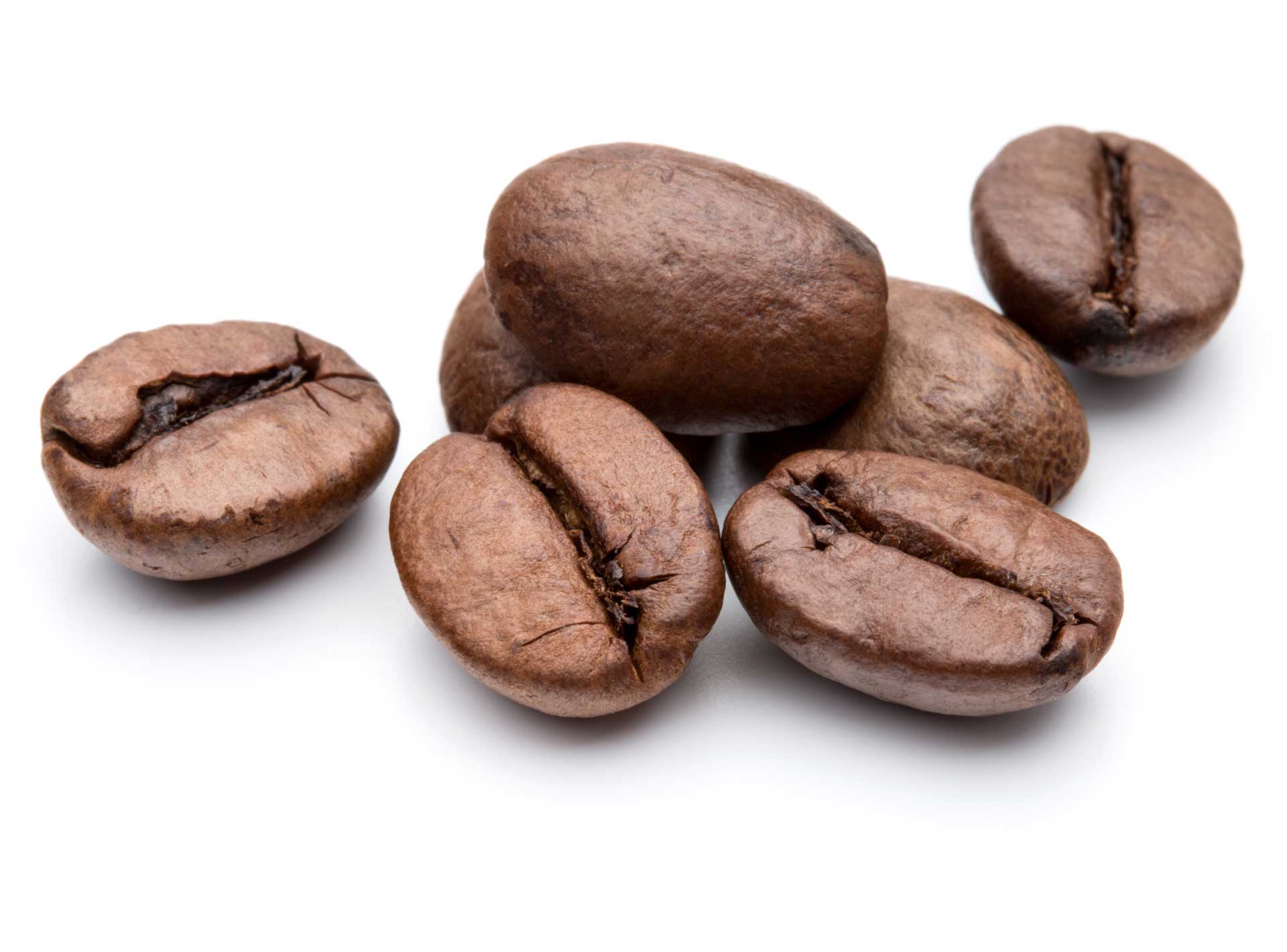
Green coffee beans
Fresh coffee you can roast in the comfort of your home according to your preferences.
15 PRODUCTS